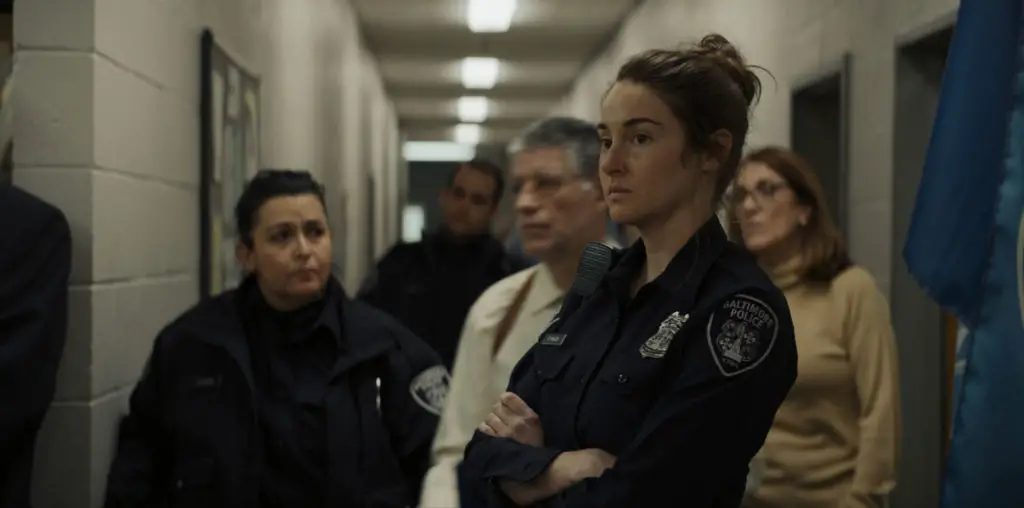
This review was originally published on January 18, 2013…
Dylan Mohan Gray’s documentary Fire in the Blood is the kind of film that just pisses you off. No, not because the film itself is horrible, but because the things that the film introduces to you are horrific. This film could’ve been just as easily been titled Genocide of the Poor.
The film details the rise of antiretroviral drugs and their usage to keep HIV and AIDS in check in the late ’90s; set at a high price point, thus affordable for only a small grouping, predominantly in North America and Europe, the name brand ARVs were like a miracle drug that were consistently out of the reach of poorer countries. Eventually countries like Thailand and India began creating generic ARVs as effective as the name brands, but countries such as South Africa were unable to import these more affordable generics, due to patent laws protecting the pharmaceutical companies behind the name brand drugs.
In other words, even though millions were dying in Africa, and generics were more affordable, they were being blocked by pharmaceutical companies afraid that the lower-priced generics would somehow cut into their higher-priced name brand market in other countries. Financial bottom line over human lives. If you’re poor, and you have HIV, you’re dead, even though it doesn’t have to be that way.
Now, the above is a severe oversimplification of the initial details of the film, but I hope they paint how maddening the picture is here. Watching this documentary is an emotional rollercoaster, and I’m not going to reveal any of more of the developments that come along, mainly because I don’t want to take away from your own experience. That said, I will say that there are moments of great triumph, humanity, hope, sadness, disgust and disbelief. There are very real heroes and villains. And victims.
This is the sort of film that sheds the light on a massive problem that has been ongoing since ARVs came onto the scene, but it also points out the insanity behind pharmaceutical companies setting unreasonable prices for drugs with no regard for the actual cost of manufacturing. Essentially, they charge when they know they can get, and then they do whatever they can to undermine anyone who can do it cheaper. Yes, it’s business, and I get that, but we’re talking about human lives here. If a drug exists that can cure, or ease someone’s suffering, that someone should not be blocked from getting that drug.
Overall, this is another in a list of documentaries that left me flabbergasted and angry. Quite frankly, there are details in the film that disgusted me so much I cursed at the screen. Watch the film if and when you can. Hopefully the information in this film will reach the masses and the disgust at the situation, still ongoing, will prompt true change. Then again, I’m an optimist. An angry, disillusioned, prick of an optimist.
